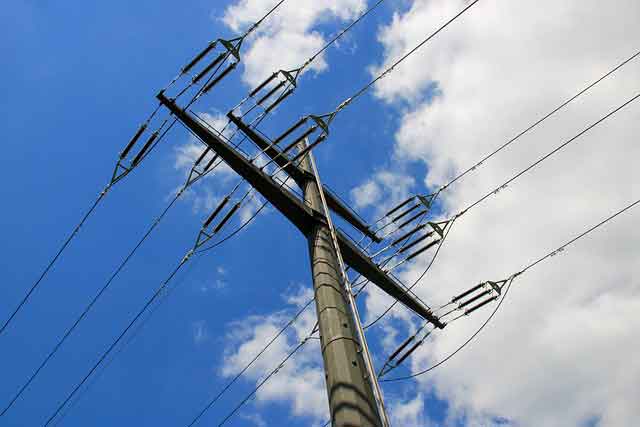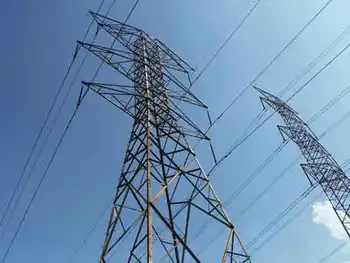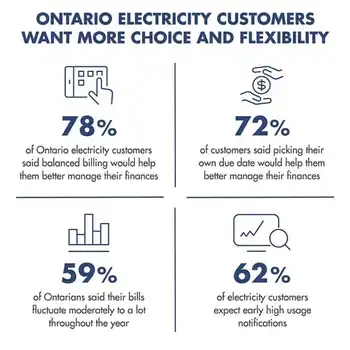Consumer needs to weigh in on electric cars
"Most consumers wouldn't sacrifice a radio for more electric range," says Troy Clarke, president of General Motors' North American operations, about developing the Chevrolet Volt.
"We're taking those needs into account as we develop the vehicle," he says of the car that is due to roll off assembly lines in 2010. It is GM's global answer to energy independence and the shift from the U. S. industry's core business of sport-utility vehicles and pickups.
"We, as automakers, need to take the lead, no question," Clarke says. But, he adds, "government has a significant role to play."
Prospects for breakthroughs in battery power vary with U. S. manufacturers calling on the federal government to get behind large-scale efforts to fund research and development. U. S. industry lags Asia in battery development, a point driven home by hybrid leader Toyota with its Prius. Supportive lawmakers are trying to leverage the gap as a rallying cry for U. S. Congress to help the auto industry.
"We have not had a level playing field when it comes to supporting our auto industry and manufacturers as much as other countries are doing," says Michigan Democratic Senator Debbie Stabenow, a staunch auto industry ally.
Millions of dollars for battery research are stuck in legislative limbo on Capitol Hill.
GM, Ford and utility company executives, economists and environmentalists recently spent time in Washington poring over the prospects of developing and marketing electric cars that can be plugged into household outlets to recharge.
Volt is GM's leading answer, while Ford is moving ahead with five hybrid vehicles and is road testing its Escape SUV plug-in. Chrysler, which has focused on clean-burning diesel as an alternative to gasoline, is also taking steps with General Electric to get into the hybrid game.
Manufacturers will have to persuade consumers that the new class of vehicles will have much better fuel efficiency and lower emissions, the executives say.
But Mark Fields, executive vice-president of Ford in North America, says shifting from a century of gasoline engines requires more than creative thought.
"Nearly everyone has electricity, but how many potential consumers have garages?" Fields says. "Overnight charging isn't readily available for most people who live in apartments or condos."
Fields and others also wonder about long extension cords, leaving the rechargeable vehicles out in the rain or having the owner forget to charge them after a long day.
But the most vexing issue, according to Fields, is "when you're not at home, how do you pay for the electricity you use to recharge your vehicle?
"How do you know how much electricity will cost?" in the future, he says.
Related News

Government of Canada Invests in the Future of Work in Today's Rapidly Changing Electricity Sector
OTTAWA - Smart grids, renewable electricity generation, automation, carbon capture and storage, and electric vehicles are transforming the traditional electricity industry. Technological innovation is reshaping and reinventing the skills and occupations required to support the electrical grid of the 21st century.
Canada has been a global leader in embracing and capitalizing on drivers of disruption and will continue to navigate the rapidly changing landscape of electricity by rethinking and reshaping traditional occupational standards and skills profiles.
In an effort to proactively address the needs of our current and future labour market, Electricity Human Resources Canada (EHRC) is pleased to announce the launch…





